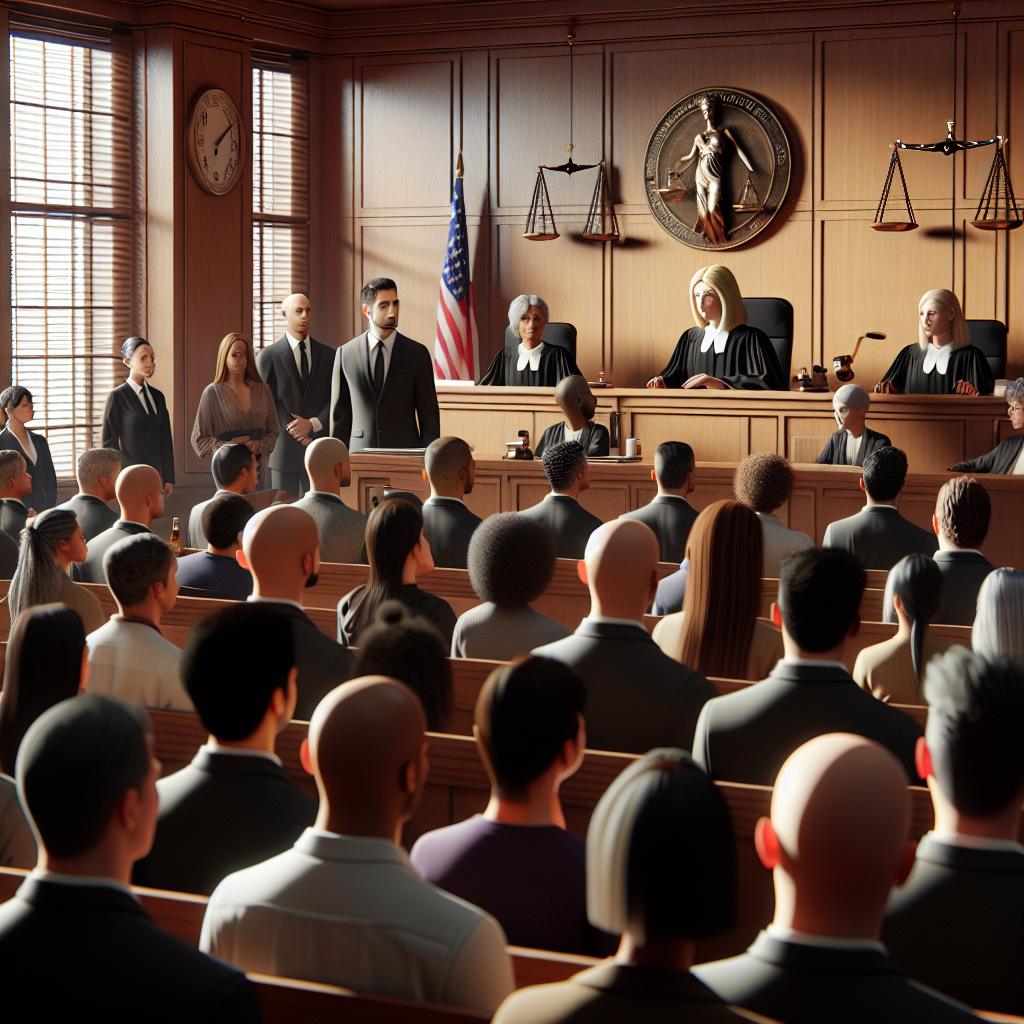AI and Ethics: The Rising Concerns Around Voice Theft in the Era of Artificial Intelligence
The rapid rise of artificial intelligence has sparked a whirlwind of excitement and innovation—but not without raising critical ethical questions along the way. A recent case that has captured global attention involves two professional voice actors who allege that a prominent AI voice startup misused their recorded voices without consent. The case is intensifying the ongoing debate around the legal and moral boundaries of AI-generated content.
What Happened: Allegations Against a Voice Cloning Startup
Two seasoned UK-based voice-over artists, whose work spans audiobooks, commercials, and other voice projects, say their voices were used to train AI models without their knowledge or permission. According to reports, their voice recordings were found being used by an artificial intelligence voice generation platform. The artists claim that the AI models replicated and monetized their unique vocal identities, a move they describe as digital identity theft.
These allegations highlight an urgent issue: how companies source and utilize human-generated media in training machine learning models—especially without explicit authorization.
How AI Voice Cloning Works
AI voice generators typically rely on deep learning models trained with vast datasets composed of human speech. The more varied and expressive the data, the more realistic and nuanced the AI voices become. Voice actors, particularly those with clear articulation and dynamic tones, are often ideal sources.
The problem arises when companies use publicly available recordings—or even recordings from past contracted work—without informing or compensating the original creators. In this case, the voice artists argue their voices were harvested from previous projects and used to power a commercial AI tool.
Implications for Voice Artists: The Loss of Control
Voice actors put years of effort into developing their vocal brand. It’s not just a tone—they bring emotion, character, and nuance to every project. When a synthetic voice mimics theirs without consent, it undermines both their craft and future income.
Some of the concerns raised include:
- Loss of work opportunities as AI tools undercut the pricing of human talent.
- Reputational risks if their synthetic voice is used in misleading or inappropriate contexts.
- No control or legal clarity on how their voices can be used once digitized.
Are Current Laws Protecting Creatives Enough?
The exploding digital and AI industries have outpaced legal frameworks, especially in areas like voice rights and digital likeness. Policymakers are catching up, but the loopholes are clear. Unlike visual likeness or copyrightable content, voice rights fall into a grey area in many countries.
In the UK, where the voice artists are based, there’s currently no specific legislation protecting voice as intellectual property. This means that even if someone’s voice is unmistakably used by an AI, getting justice through traditional, copyright-based arguments becomes incredibly difficult.
What Platforms and Companies Should Be Doing
This case suggests a need for companies to take stronger steps in protecting artists and content creators by:
- Implementing transparent data sourcing practices, including clear disclosure of how training data for AI is obtained.
- Obtaining direct consent from artists when using voice recordings to train machine learning models.
- Creating opt-out databases where professionals can register to prevent unauthorized use of their voices.
The Industry’s Response So Far
While many voice tech companies claim their models are trained on legally sourced data, the lack of clarity around what qualifies as “legal sourcing” remains a sticking point. In response to public outcry and legal threats, some firms are reviewing their policies. Others have shut down or gone quiet amid escalating concerns.
The UK’s performers’ union, Equity, has also stepped in, calling for stronger legal protections for voice actors and advocating for new legislation that recognizes vocal performance as a digital right.
Voice Theft in the Age of AI: A Call for Ethical Innovation
The case of these two voice artists is not an isolated event—it’s a warning bell. As synthetic media becomes more sophisticated and AI tools more accessible, the risks of unauthorized exploitation grow exponentially.
It’s time for the tech world to embrace not just innovation but ethical responsibility. Artists, creators, and performers deserve to have ownership and control over their digital identities. If left unchecked, voice theft could become the next frontier of exploitation in the digital age.
What Can Artists Do to Protect Their Voices?
Until stronger laws are in place, there are a few steps professionals can take:
- Watermark recordings with subtle, trackable elements to detect reuse.
- Use licensing agreements that specifically prohibit AI training use without express permission.
- Join unions or collectives that advocate for legal reform and protections for digital performance rights.
Conclusion: It’s Time to Tune the Law to the Digital Age
The evolving AI landscape brings unprecedented opportunities—but also unprecedented challenges. The story of these two voice artists serves as a reminder that human creativity should never be treated as raw data for machine training. Voice is identity, and identity deserves protection.
As consumers, creators, and technologists, we all have a stake in ensuring that the AI revolution respects the rights, labor, and dignity of the humans who unknowingly help power it.



Leave a Reply